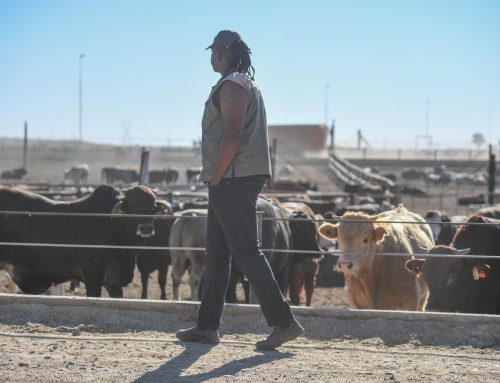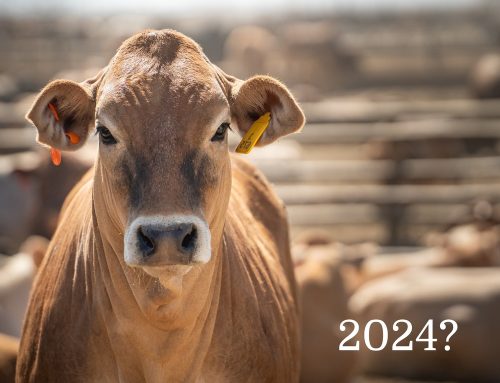Loadshedding threatens SA’s food security
The collapse of critical infrastructure in agricultural communities, which is failing due to unrelenting loadshedding, is at a boiling point for farmers and businesses in the agricultural supply chain.
“The system was under strain before, but with loadshedding, it has simmered over into a full-blown crisis, and we are seeing how it is threatening our nation’s food security,” says Roelie van Reenen, supply chain executive at Beefmaster Group. The Group is the largest private employer in the Kimberley area where it has its meat processing facility, while its feedlot is in Christiana in the North West.
As an example, he explains that farmers who are dependent on irrigation to water their crops – whether it is maize, fruit or other vegetations – simply cannot irrigate due to the prolonged periods of loadshedding. Van Reenen says that agricultural community WhatsApp groups are filled with videos of farmers who show how their crops are withering.
“The impact of prolonged loadshedding is likely to be food shortages, or more expensive items,” says van Reenen. “We must remember that farmers are capable people, and they are likely to use things like generators to power pumps so as to keep crops watered, which is going to make it more expensive to produce. In the end, these costs would unfortunately be passed on to the consumer, which means food prices are likely to increase.”
He says that municipalities too, are facing huge problems, including failing to collect rates, and mounting pressure to keep ratepayers on their books, given that many are moving off the national grid with alternate power.
“Kimberley has one of the highest tariff rates for municipal- supplied electricity in the entire country. If a business the size of ours decides to go off the grid to curtail the cost of production, Kimberley municipality would lose a significant contributor to their bottom-line. On top of this, ongoing electricity tariff hikes means it becomes uneconomical to produce. This is a very real scenario that many businesses are contemplating, with disastrous consequences to municipalities.”
Is there a solution?
Earlier this month it was reported that urban metropoles like Johannesburg, Cape Town and Nelson Mandela Bay are trying to mitigate the impact on residents and protect critical infrastructure by proceeding with plans to ditch Eskom.
“Assuming that the metros pay their power bills, the problem with this plan is that if municipalities go totally to independent power producers, Eskom will lose three major ratepayers – and this will further fuel the downfall of the state power utility.”
A possible solution could be that municipalities be willing to buy back electricity from the public. This is already in play with some municipalities, but van Reenen suggests taking it a step further.
“If every household and business can sell back to the municipality in their area, the biggest portion of the problem can be addressed much quicker as it will cut through the red tape and there will be no opportunity for corruption to flourish. Some infrastructure changes will have to be made; a small price to pay to reach the goal. The effect of such a rollout could even be that Eskom would then be able to supply manufacturing facilities without power interruptions.”
Van Reenen believes that agricultural businesses have a duty to assist municipalities that are buckling under the added pressure of loadshedding, in their areas of influence.
“If I am trying to entice someone to come and work for me, and the town where they would live doesn’t have water because there is no power to turn on the pumps, and the school is crumbling because it cannot keep the lights on – so there isn’t a schooling facility for that person’s children –, then I am not going to be able to attract people to my business,” explains van Reenen. “As a concerned citizen and business, we need to help our communities and municipalities with applicable skillsets where we can, otherwise we are all going to suffer.”
Beefmaster Group has been assisting the Lekwa-Teemane Local Municipality with its efforts to keep water supplied – and the pumps turned on – during loadshedding.






